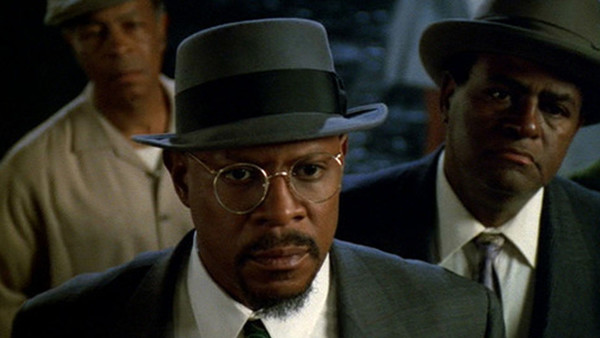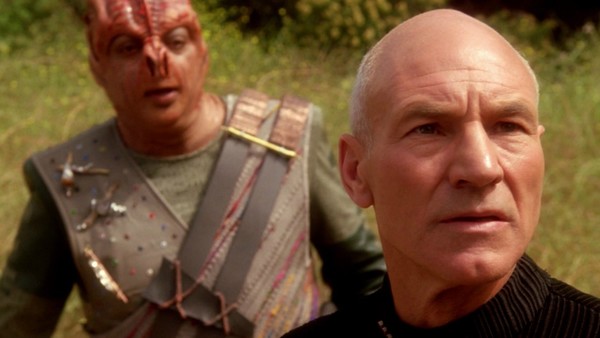Star Trek: 15 Most Culturally Significant Episodes
Star Trek has always been a lens through which we see the world around us.

Star Trek was born in a time when the world was facing huge change. In America alone, Kennedy was dead and the Korean War halted in a stalemate. While Vietnam was still a way off, already back home the civil rights movement was gaining momentum.
As the franchise has grown over the years, racism, sexism, bigotry and prejudice have been tackled by all iterations of the show. Science Fiction has long been a method through which authors and filmmakers can take on these lofty issues and force an understanding, even if sometimes that understanding comes through a futuristic method.
Sometimes though, the only way forward is look back. Star Trek often uses time travel in its plots, along with visions and occasionally lifting a scenario from Earth's history and placing it in an alien setting. Star Trek tries to ensure that the crews we follow learn what they can, whenever they can. As Roddenberry said himself, each episode was intended to be a morality play, even if the players were bumpy headed aliens of the week.
Sometimes, episodes can exist to give a sense of deeper understanding to other people. Language has long been overcome as a barrier in the Star Trek universe, thanks to the magical universal translator. However, removing that tool has led to some very clever episodes that ask us to look at how we understand the world around us.
Starting with one such episode -
15. Darmok

Darmok has correctly earned its place in Star Trek history as one of the best episodes of the franchise. The idea behind it is quite simple - strand two characters who speak a different language together on a strange world and see what happens. Add a monster.
However, the episode is far from simple. Guest star Paul Winfield, returning to Star Trek after portraying Captain Terrell in the Wrath of Khan, plays Dathon, the captain of the Tamarian ship that is facing the Enterprise.
The episode is about communication - how do we process it when we don't understand the way in which our opponent is trying to make us comprehend? So much of the ills that face the world are based on a lack of understand and acceptance. In this episode, they take that idea and put it up front and centre.
They also make the conscious choice of having 'the other guy' be the one to force through this understanding. For nearly thirty years at the time of the episode's airing, Star Trek had been an example of trying to both depict and understand opposing or different cultures, a task that they had been perfecting over the years.
They may not always have successfully achieved this, but episodes like Darmok show that the Federation and Starfleet are certainly not the only valid doctrines out there.